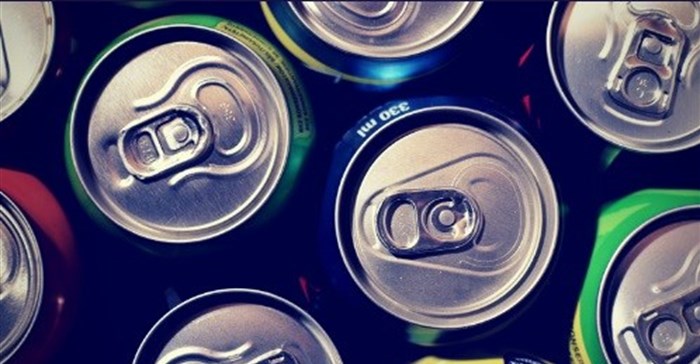
Top stories






More news


Marketing & Media
Ads are coming to AI. Does that really have to be such a bad thing?














Although job losses have been indicated as consideration to not go ahead with the implementation of the tax. But what about the flipside of the coin - the growing health risks and its costs to the economy?
“The future workforce is under threat of serious illnesses due to the overconsumption of sugar,” warns Ettiene Retief, chairperson of the national tax and SARS stakeholders committee at The South African Institute of Professional Accountants (SAIPA). “Serious intervention is needed to ensure that the taxpayer of today is around to pay their taxes and boost the economy of tomorrow.”
A recent study has presented interesting data with South Africa at the second highest ranking, ahead of the USA, with regards to the number of deaths attributed to sugar. Heart disease, cancer, and type 2 diabetes are all common diseases linked with the high consumption of sugar. A sugar tax should not only be regarded as another tax, nor that obesity is the only risk.
Government’s plans for national growth is hindered by the costs related to high incidents of sugar-related illnesses as taxpayers spend on healthcare instead of other areas, resulting in limited economic growth, which has a far greater impact on a larger number of people than the reasons held against implementing a sugar tax in South Africa.
There have been no reports of massive job or financial losses from countries where sugar tax have been implemented. On the contrary, the introduction of a one peso per litre tax on soda and other sugary drinks by the Mexican government saw in 2014 a drop of 10% in the purchase of soda and other similarly taxed drinks, balanced by an increase of 13% in purchases of bottled water.
In many cases, the manufacturers of sugary drinks also have bottled water and sugar-free drinks product options.
Consumers will continue to purchase beverages, but may now make healthier and more informed decisions. It was recently reported by Cancer Research UK and the UK Health Forum that a 20% tax on sugar drinks could reduce the obesity rate in the UK by 5% by 2025.
It is unlikely that job losses would be as significant as the claimed 60,000, which is published without any supporting evidence thereof. Doing nothing has an increased burden and cost with regards healthcare.
“Let’s not forget that the companies that make drinks with added sugar also make the sugar-free alternative. The beverage industry has known for many years that a sugar tax was likely to be introduced, and the various companies should have planned accordingly.”
“Traditionally we have thought of sin taxes as not having any significant kind of impact on changing people’s behaviours and habits. Empirical evidence suggests that people won’t stop smoking because of a tax, but we have seen a significant reduction per capita consumption of 40% of tobacco products over a 10-year period, attributed to increased taxes and regulations,” he says.
“We can’t simply apply a sugar tax to make the high-sugar products more expensive, we need to also focus on consumer awareness and the comparative pricing of alternatives, and the sugar taxes collected should be used to fund aggressive education campaigns on healthier alternatives.”
“Marketing, advertising and packaging practices could also be regulated, with an introduction of warnings about the levels of sugar in certain foods and drinks, and the health risks, similar to the warnings on tobacco products. Selling of high-sugar drinks should be limited at schools. This would be enormously beneficial in South Africa where levels of education impact on understanding around how sugar can damage health and well-being. One thing is certain – we can’t simple ignore the problem,” concludes Retief.